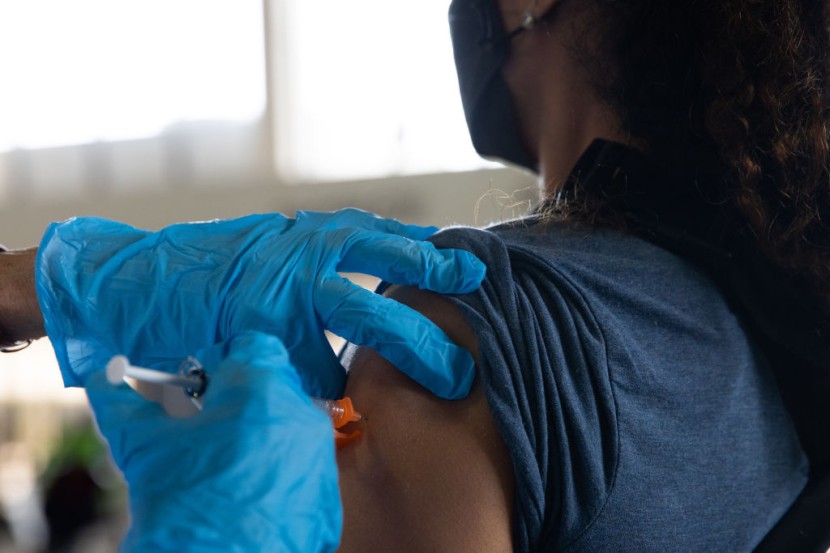
Leading experts, including two departing top U.S. Food and Drug Administration officials and three from the World Health Organization (WHO), stated in a paper published in a medical journal on Monday that COVID-19 vaccination booster shots are not required for the general population.
More data was needed to justify boosting, according to the experts. That viewpoint conflicts with plans by the US government to begin administering an additional round of vaccinations to many fully vaccinated Americans as early as next week, pending clearance from health authorities.
Last week, WHO Director-General Tedros Adhanom Ghebreyesus advised that affluent nations with huge vaccination stocks should stop giving booster shots until the end of the year and make the doses available to poorer countries.
Biden backtracks announcement of COVID-19 vaccine booster availability
President Joe Biden first stated that a third COVID-19 vaccine booster shot would be available beginning September 20 for those with healthy immune systems, but he later backtracked due to concerns that the announcement was made before FDA and the Center for Disease Control and Prevention (CDC) advisory committee recommendations. Two important scientific advisory groups will meet in the coming days to decide who will be eligible and when USA Today reported.
Meanwhile, in the wake of the Delta variant's spread, the Biden administration has stated that booster injections will be administered later this month. Officials at the White House are working on a plan to administer booster doses eight months after the second dose is given, as per Republic World.
However, the FDA and the CDC in the United States must still approve the concept. At a major public meeting on Friday, experts will assess data about an additional Pfizer shot. The WHO, on the other hand, has encouraged nations to put their booster shot plans on hold for the time being.
WHO Director-General Tedros Adhanom Ghebreyesus encouraged countries earlier this month not to give booster injections to those who have already received both doses of the vaccine. At a press conference, WHO Director-General Margaret Chan asked for an "extension of the moratorium" on booster doses until at least the end of the year, so that every nation can vaccinate at least 40% of its population.
In the United Kingdom, the government's Joint Committee on Vaccination and Immunization (JCVI) has suggested third doses for specific, vulnerable populations so that they do not become infected and the NHS is not overburdened. According to the JCVI, booster shots would guarantee that the protection that has been built up in the population does not deteriorate over the winter months when NHS pressures are most intense.
Read Also: Maskless Airline Passengers To Face Double Financial Penalties Under Biden Administration's Plan
Study shows Pfizer booster enhances protection
Per Sky News, modeling also predicts that this year's flu season may be up to 50% greater and sooner than normal, putting a significant burden on the health system. This is why the JCVI advises all susceptible populations to have a third COVID-19 and flu vaccine.
As the first nation to begin providing third vaccine doses, Israel is the only country with any evidence of their effectiveness. People over 60 started getting Pfizer booster shots at the end of July, as long as they got their second dosage at least five months prior.
The Israeli health ministry released statistics on August 22 showing that a third Pfizer dose significantly enhanced protection from infection and severe illness. It claimed that protection against infection was four times stronger 10 days after a third dosage than after two doses.
The study found that protection against serious illness or hospitalization was five to six times higher 10 days following the third shot. The Pfizer and AstraZeneca vaccines were authorized for use as boosters in the UK on September 9.
A third vaccine would be given at least six months following the second, due to concerns that the protection it provides to the elderly wears off over time. There is currently no evidence that combining two doses of one vaccination with the third dose of another is effective.
The JCVI is awaiting the findings of the Cov-Boost study, which will test combining Pfizer with AstraZeneca, Moderna, Valneva, Novavax, Janssen, and Curevac dosages and is being conducted by the University of Southampton.
Related Article: Israel Prepares For Fourth Round of Vaccination, Ensuring There Will Be Enough Doses








